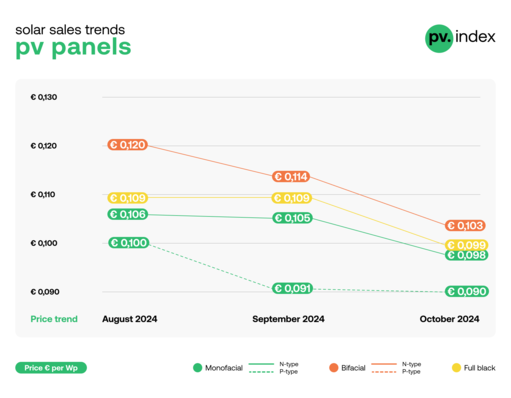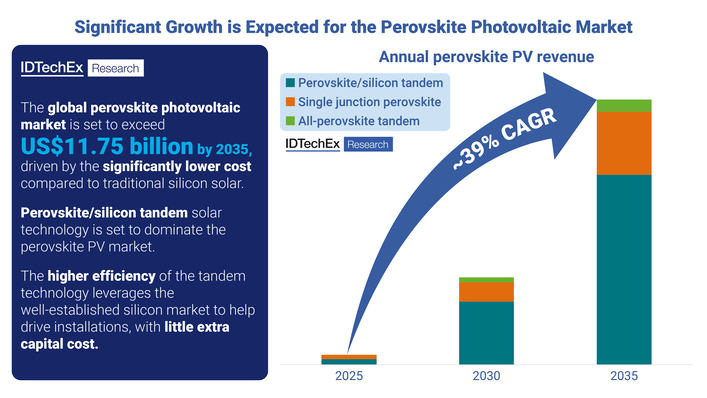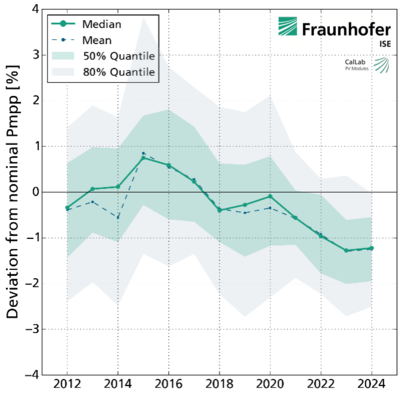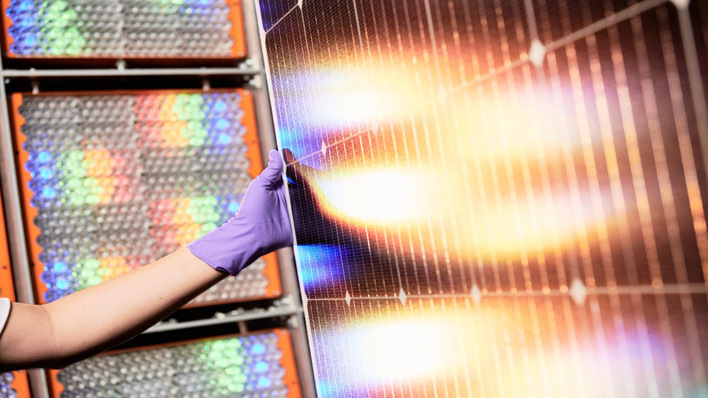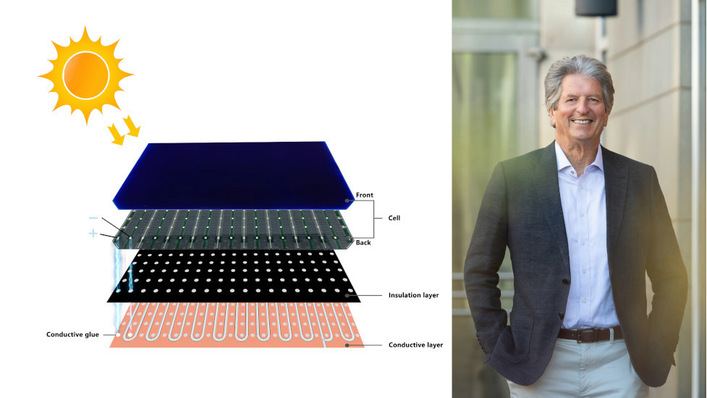pv Europe: How important is the solar market in Turkey for you?
Michael Volz: We have been active on the Bosporus since 2015. The Turkic business is very important to us, the country is one of our biggest markets. We have a branch office, each with its own project companies.
How many projects did you already realize?
We have a ready-made project pipeline with about 100 megawatts. We have partly planned and developed or purchased the projects through our subsidiaries. At the moment the first modules of type ASM6610P are delivered from our factory in Frankfurt / Oder by ship. The construction sites of our solar parks in the Izmir, Eskisehir and Konya areas have already been cleared, all non-licensed projects each less than 1 megawatts.
Did you need a special permit for the module import?
For a long time, the Turkish solar market was easily accessible to foreign manufacturers. Since last year, however, the Turkish government has sought to encourage domestic producers to award contracts and to reward the development of production capacities in their own country for tax purposes. For this reason, the Turkish Ministry of Economic Affairs has strictly limited the import of PV modules from abroad since June 2016. An import or reimbursement of the very high VAT burden on import modules can take up to 14 years.
How difficult is it to get such approval and how long does it take?
We are one of only three international module manufacturers who have received an import license for their own projects. This is quite expensive. This took us six months and we had to prove that our Turkish EPC company, PV Proje depends on the high-quality crystalline modules from our German production. This was a prerequisite for obtaining the import license.
How advanced is the domestic module production in Turkey? Can modules "made in Turkey" match with quality? They are partly manufactured with machines "made in Germany" ....
There are great differences in quality and automation between Turkish modules and the modules of international Tier 1 manufacturers, including Astronergy. The devil with the quality is often in the detail, they need also good engineers in the production. The international banks mainly promote PV projects that use components from Tier 1 manufacturers and the Turkish producers are not yet included. In our highly automated production facility in Frankfurt / Oder, we are able to produce modules of consistently high quality. There, our modules are controlled by an electroluminescent process, fast, high-resolution and fully automatic for microcracks and cell fracture. That is why we have a very low complaint rate of only 0.005 percent.
Do you have your own cell production in Frankfurt / Oder?
We buy all our solar cells, mainly from Taiwan and Japan.
Is there a solar cell production in Turkey?
No. I am also currently not known a manufacturer who plans to build a cell production.
Are all foreign manufacturers affected by import restrictions for modules?
Yes, this is true for all. However, an additional anti-dumping regulation is currently being proposed in Turkey for module imports from China. A corresponding law has already been prepared. Currently, there are no more manufacturers that are introducing modules from China to Turkey.
Given the fact that the module quality from Turkish production is not yet suitable, it sounds difficult. Are there any approaches for increased cooperation between international and Turkish manufacturers?
Yes, there is a lot going on. At present, talks are being held between several large international manufacturers with domestic companies to build module plants with a size range of 200-300 megawatts each in Turkey. We are also involved and plan in this direction, but not for cell making.
The international headlines on political developments in Turkey are not particularly positive. Does the political situation, for example the seizures of companies, affect your business?
What makes life difficult for us are the legal changes, such as the required import licenses for modules. Apart from this, everything is quite normal. We are not happy about the political process, but this does not directly affect our business. I don`t know about confiscations of solar companies, these took place mainly in the real estate area.
Was there, for example, no time delay in project approvals due to the politically motivated, massive dismissals of civil servants?
A few months ago this has already led to delays, because, for example, TEDAS and the EMCDDA were affected by redundancies. However, this has now offset itself because new employees have been hired. This wasn’t a huge obstacle for us, our own projects are all on schedule.
Does the depreciation of the Turkish Lira have a negative impact on your business?
We are not burdened. The feed-in tariffs for our projects are paid in US dollars. The depreciation of the lira will lead to lower labor costs on the ground, which is an advantage for us.
How many new PV installations do you anticipate?
We expect installations of up to three gigawatts for the next two years, for larger projects alone.
Is this realistic. For years have such giant figures about the growth of the Turkish solar market been in the room?
Yes, especially this year, we are expecting a very strong addition, also due to pre-pulling effects. This is due to the fact that an increase in network transit charges is announced for the coming year, which in effect corresponds to a reduction in the feed-in tariff. Overall, however, we are expecting another continuous growth of the Turkish solar market, also due to the further growing energy demand and the sharp reduction in photovoltaic costs.
Do you expect that red tape will be cut in Turkey?
No, I don`t believe that. But if you look to Greece or Italy, the bureaucracy is even worse than on the Bosporus.
Interviewed by Hans-Christoph Neidlein
Stay informed, get our weekly newsletter. Register here: http://www.pveurope.eu/Newsletter
Related news:
https://www.pveurope.eu/financing/tegnatia-and-schletter-complete-167-mw-solar-project-turkey



